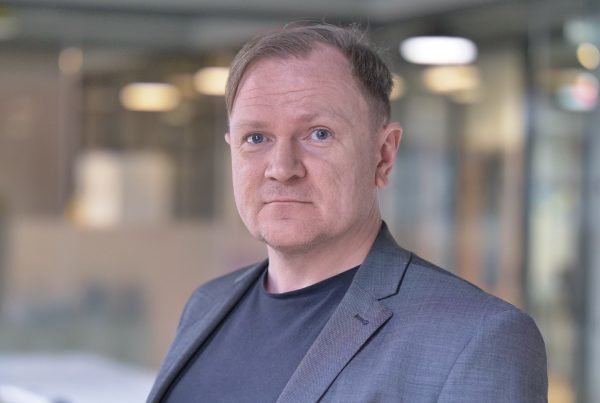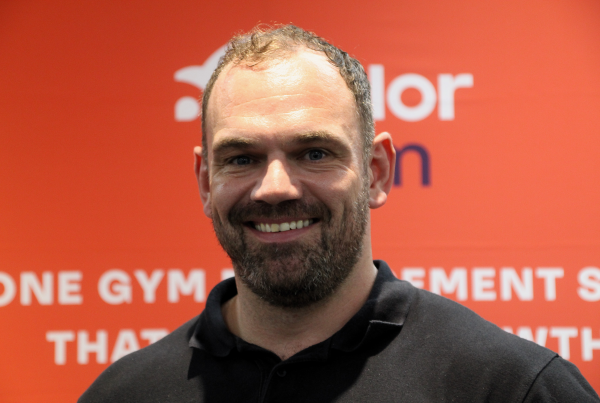By Alex Lucas, Senior Research Analyst, ukactive
In March, the Department for Education awarded up to £57m to a consortium including Active Partnerships, StreetGames, ukactive and the Youth Sports Trust, to help schools open their sports facilities outside of the school day, providing opportunities for activity in communities where they are needed most.
The upcoming work forms the third iteration of our Opening School Facilities (OSF) project, and the ukactive Research Institute is incredibly proud to support such a key part of ukactive’s mission – to ensure all children have access to sustainable opportunities to be active.
For ukactive, this funding represents the culmination of years of Government lobbying, working alongside members, conducting research, and delivering programmes to drive change in the provision of physical activity opportunities for children and young people.
Our journey in this area started with our 2014 research that investigated the changes in fitness levels across the school year, followed by our Schools-As-Community-Hubs policy and our delivery and research behind the Open Doors project in partnership first with Sainsbury’s and now Nike. Open Doors has focused on unlocking school playing fields, halls and courts for use outside of school hours, which make up 39% of community sport facilities in England but are usually inaccessible to children and young people in the community during the holidays. It has been quite a journey.
The OSF project is the start of the next chapter. It’s vital that all children and young people are provided with the opportunity to get the best possible start in life, however, this is currently not possible for everyone.
By working in collaboration with Active Partnerships across England, as well as StreetGames and the Youth Sports Trust, we will ensure that opportunities to be physically active are focused in areas of high inequalities, particularly among women and girls, disadvantaged and culturally diverse communities, and those with special educational needs, disabilities, or long-term health conditions.
This is not something we could achieve alone. The collaboration from the partners involved in the consortium is extremely valuable in supporting the longer-term sustainability of the project and will allow us together to provide a bigger impact for school children and community groups to be active.
The ukactive Research Institute is focusing on capturing the voices and experiences of the young people and community users taking part in the OSF programme. We will conduct in-depth and immersive, qualitative, on-the-ground research that will allow us to tell rich stories that reflect the complexity of lived experience, capturing the perspectives of the young people themselves, as well as wider groups that influence the children’s experiences.
We consider youth voice as the key to systematic behaviour change – with the ability to influence and inspire both upwards (ie the Government, policy, national guidance) and downwards (ie directly to the local community).
Our approach, based on the socio-ecological model of behaviour change, recognises that there are multiple levels of influence that will shape the youth experience and contribute to youth voice. As a result, and to ensure all perspectives are included, we are adopting a multi-layered approach, capturing data from the individual level (schoolchildren and the local community), social or interpersonal level (including parents and teachers), and organisational or institutional levels (the schools themselves, which includes teachers, wider school staff, activity deliverers, and the project delivery team).
By embedding ourselves within the OSF project delivery at a selected number of schools that represent the span and scope of the programme, we can really start to understand how the project has had an impact on the lived experience of the children taking part up and down the country, and provide them with the loudest voice to influence their local community, as well as national policy in future.

More People More Active More Often




